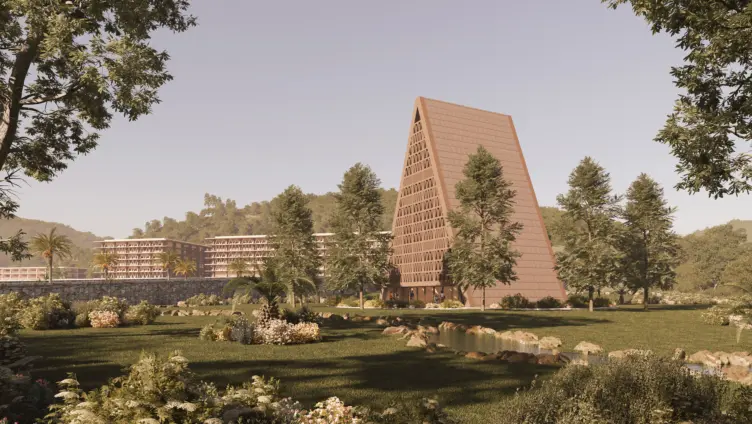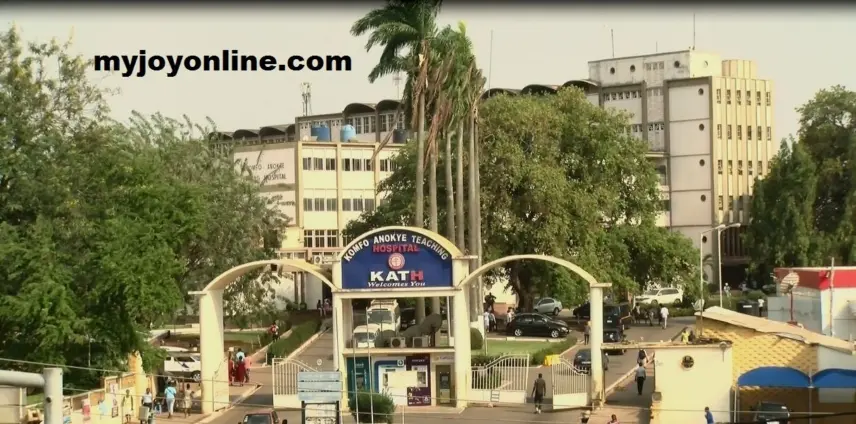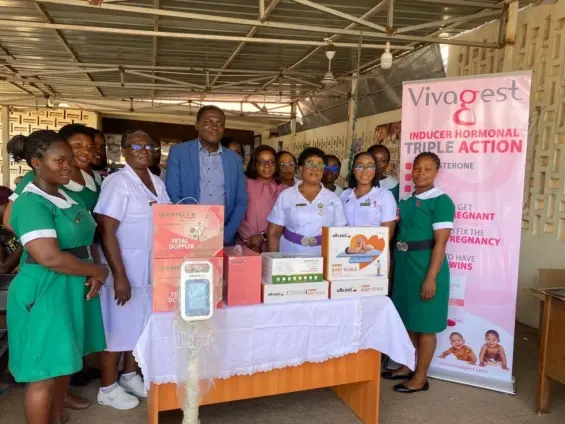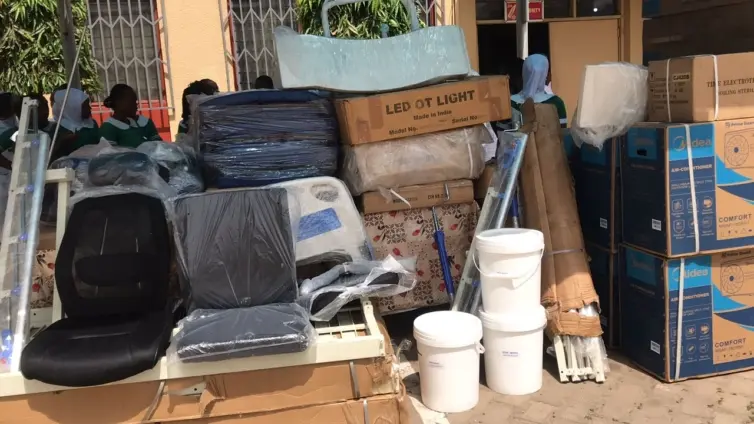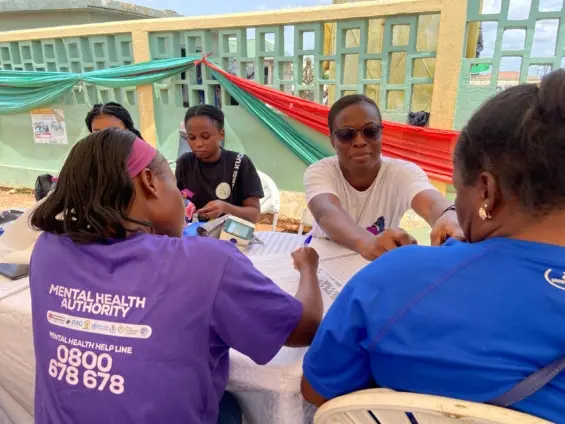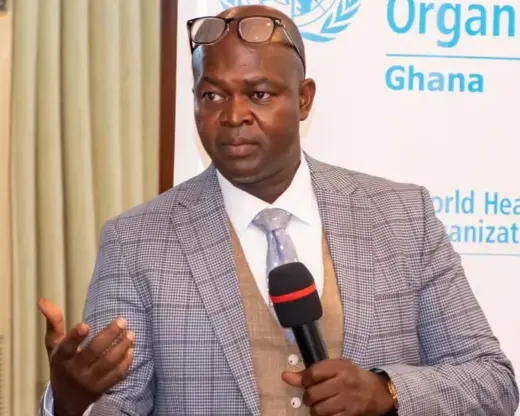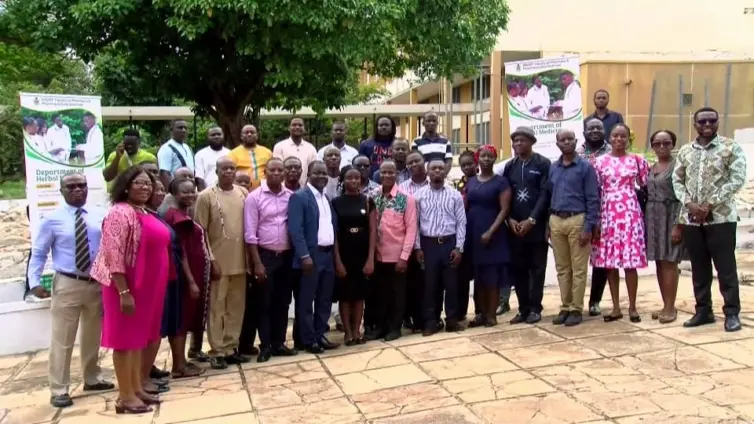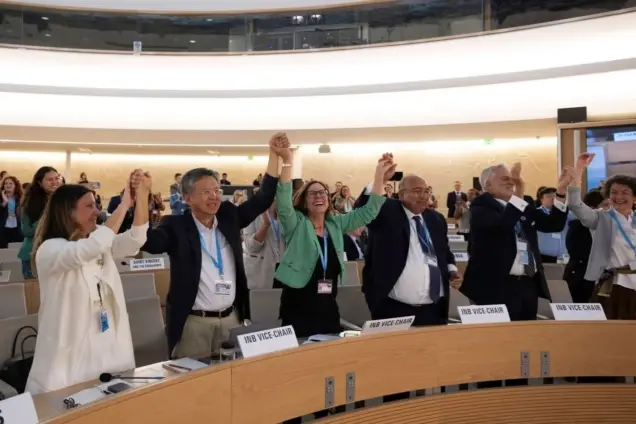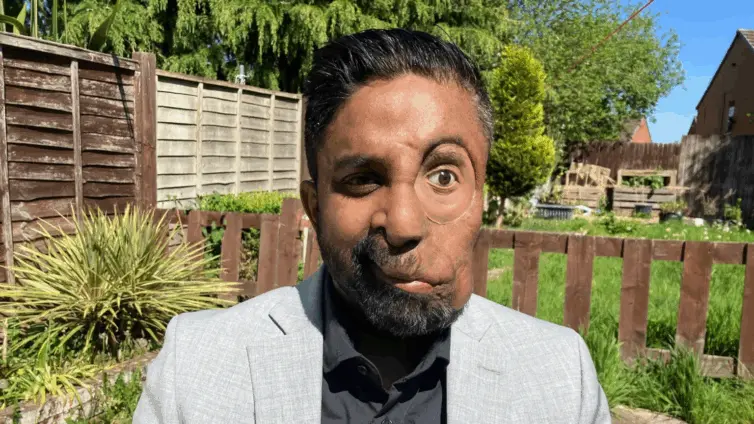In Kyebi, Ghana, a groundbreaking project is taking shape: the International Children’s Cancer Research Centre (ICCRC), designed by Adjaye Associates. More than just a building, the ICCRC represents a beacon of hope for pediatric healthcare in West Africa, promising to revolutionize cancer treatment and dramatically improve survival rates. With its roots in local traditions and a vision driven by global excellence, this cancer research hub Ghana offers a holistic sanctuary dedicated to healing, research, and community.
The International Children’s Cancer Research Centre is poised to become the first institution in West Africa exclusively dedicated to childhood cancer treatment. The ambition is significant: to increase survival rates from a sobering 10% to a hopeful 80%. The design, spearheaded by Adjaye Associates, is a testament to innovative architecture meeting critical healthcare needs.
The ICCRC’s vision extends far beyond the conventional boundaries of medical treatment; it is conceived as a holistic environment designed to nurture patients, support families, and empower staff. As stated, “The centre is envisioned as a holistic sanctuary for healing, research, teaching, and community.” Situated on a sprawling 225,000m² site within the serene Atewa Range, the design adheres to biophilic principles, seamlessly weaving nature into the very fabric of the healing process. This approach draws deep inspiration from Akan beliefs, emphasizing the profound connection between well-being and the natural world. The Welcome Centre provides a carefully curated sensory transition, preparing visitors for the healing environment ahead.
The design incorporates courtyards inspired by the Akan Fihankra, traditional compounds known for their communal and restorative qualities. These spaces offer moments of tranquility and connection, integral to the holistic healing approach.
The ICCRC’s architecture prioritizes sustainability and cultural resonance, utilizing locally sourced materials like rammed earth, timber, and clay brickwork. This conscious choice not only reduces the environmental footprint but also ensures the building harmonizes with its surroundings. The design speaks a contemporary architectural language while remaining deeply rooted in Ghanaian traditions. Pre-cast low-carbon concrete screens, adorned with patterns referencing the intricate artistry of Kente weaving, filter sunlight and add a layer of cultural richness to the structure.
The ICCRC is designed as a self-sufficient ecosystem, incorporating passive cooling techniques, a site-specific orientation to maximize natural light, and photovoltaic energy systems to minimize its environmental impact. “This integration of ancestral knowledge with modern technology is a hallmark of Adjaye Associates’ approach,” reflecting a commitment to both heritage and innovation.
The campus comprises several interconnected components, including a children’s hospital, research laboratories, a training institute, residences, a chapel, and a family support center. This interconnectedness is crucial, fostering a comprehensive system where each element supports the others. The training institute plays a vital role in developing the next generation of African oncologists, ensuring a sustainable future for cancer care in the region. This cancer research hub Ghana promotes self-sufficiency and fosters collaboration among healthcare professionals, researchers, and families.
In summary, the International Children’s Cancer Research Centre, with its innovative design and holistic approach, holds immense transformative potential for pediatric cancer care in West Africa. By integrating nature, culture, and cutting-edge medical facilities, the ICCRC aspires to significantly improve childhood cancer survival rates and establish itself as a pioneering cancer research hub Ghana, setting a new standard for pediatric care in the region.
For more information about this groundbreaking project, explore the Adjaye Associates website.
Image Source: MYJOYONLINE

